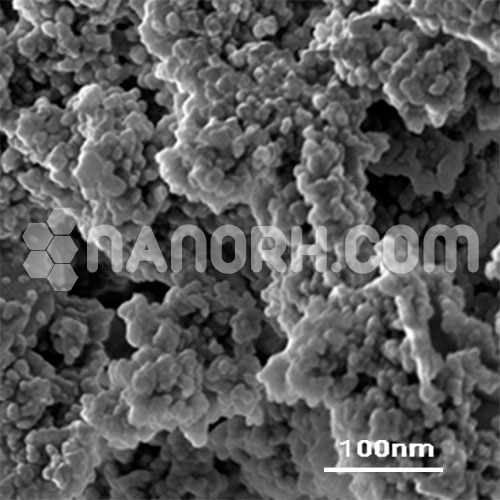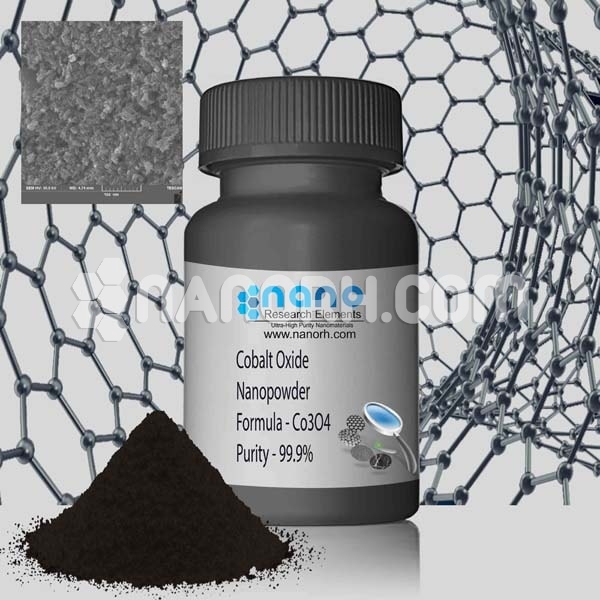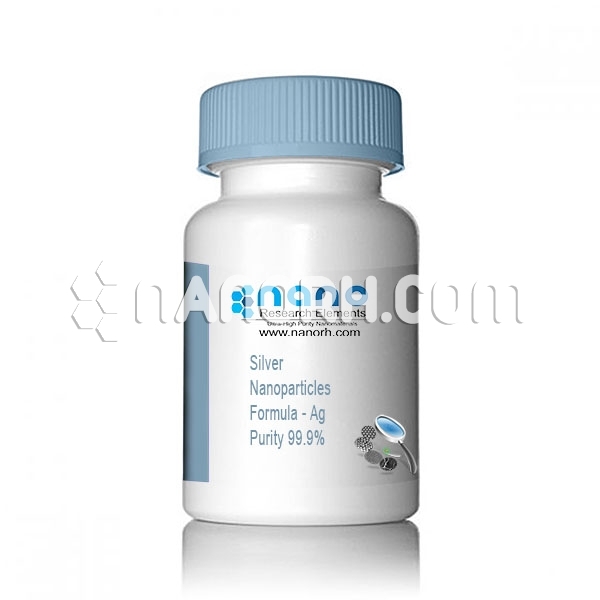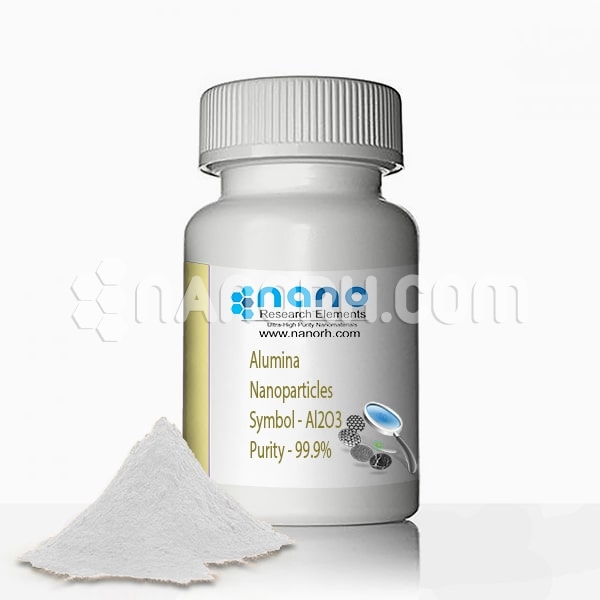| Lithium Tungsten Nanoparticles | |
| Product No | NRE-5136 |
| CAS No. | 13568-45-1 |
| Formula | Li2WO4 |
| APS | <100nm (Can be Customized) |
| Purity | 99.9% |
| Color | White |
| Molecular Weight | 261.73g/mol |
| Density | 3.71g/cm3 |
| Melting Point | 742°C |
| Boiling Point | NA |
Lithium Tungsten Nanoparticles
Introduction
Lithium Tungsten nanoparticles are a unique composite material composed of lithium (Li) and tungsten (W). These nanoparticles are part of a broader class of advanced materials that are explored for a range of technological applications due to their electronic, optical, and mechanical properties. Both lithium and tungsten possess individual properties that contribute to the functionality of LiW nanoparticles, making them ideal for next-generation technologies in energy storage, catalysis, and electronics.
Lithium is known for its lightweight, high reactivity, and excellent electrochemical performance, especially in battery technologies. Tungsten, on the other hand, is known for its high melting point, hardness, and excellent conductivity, which makes it ideal for use in high-temperature applications and as a component in advanced electronics.
Key Properties
Enhanced Electrical Conductivity:
Lithium tungsten nanoparticles exhibit excellent electrical conductivity Li2WO4 due to the conductive nature of tungsten. This property is particularly beneficial in applications involving batteries and supercapacitors, where efficient electron flow is critical for improving energy storage and conversion.
High Temperature Stability:
Tungsten has one of the highest melting points among metals, making highly stable at elevated temperatures. This is essential in applications where high thermal stability is required, such as in aerospace and high-performance electronics.
Nanostructured Surface Area:
Reducing lithium tungsten to the nanoparticle scale increases the surface area dramatically. This increased surface area enhances reactivity and interaction with surrounding materials, making these nanoparticles valuable in energy storage devices and catalytic processes.
Electrochemical Properties:
The electrochemical properties of lithium tungsten nanoparticles are advantageous in applications involving energy storage systems. The presence of lithium allows for efficient ion exchange, while tungsten enhances the overall conductivity and stability of the material during charge and discharge cycles.




